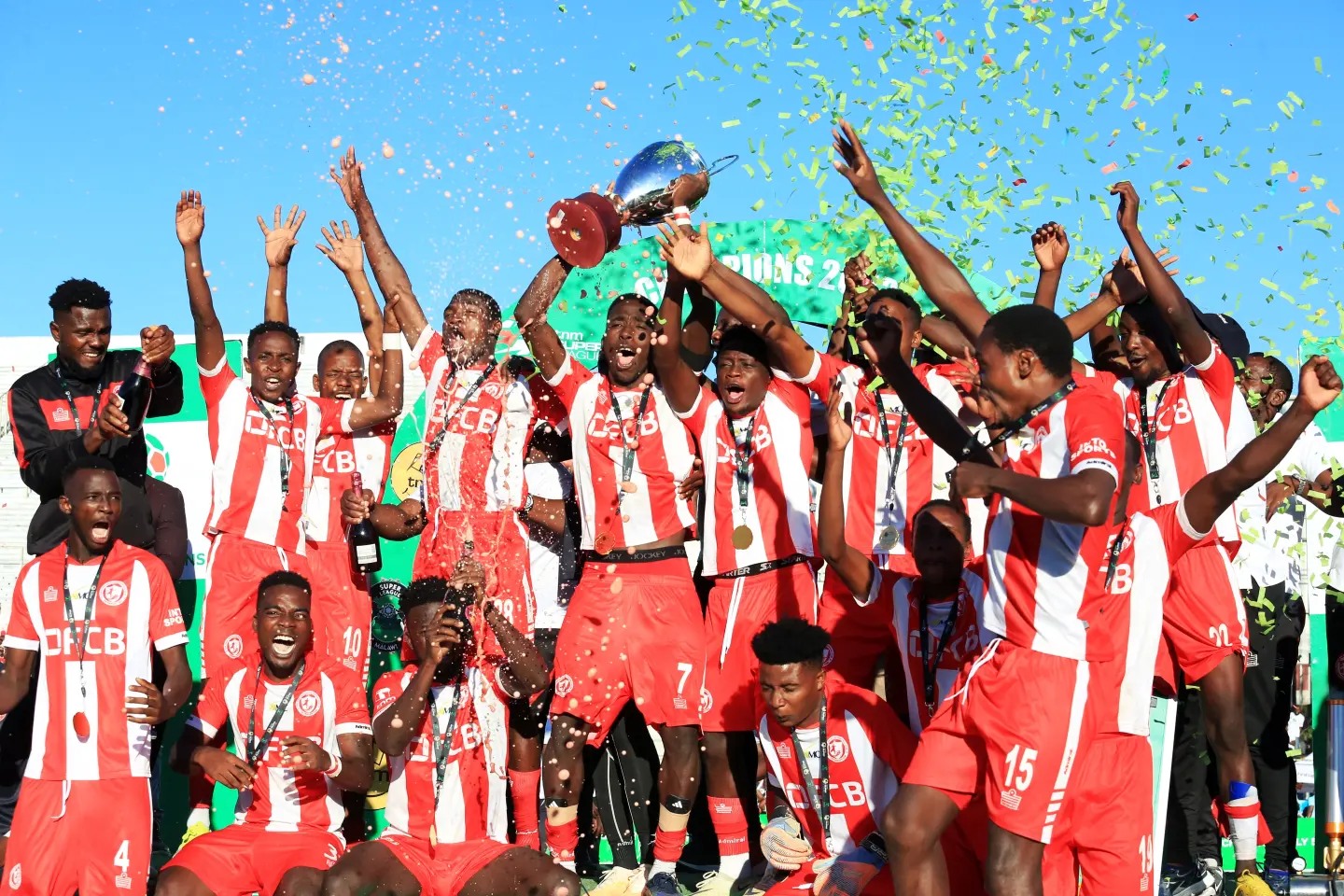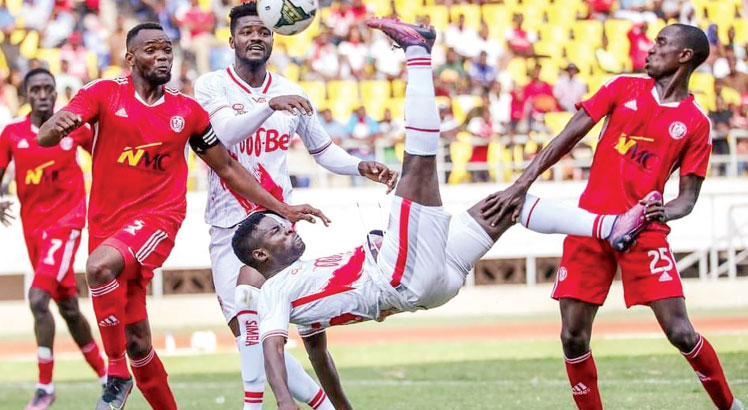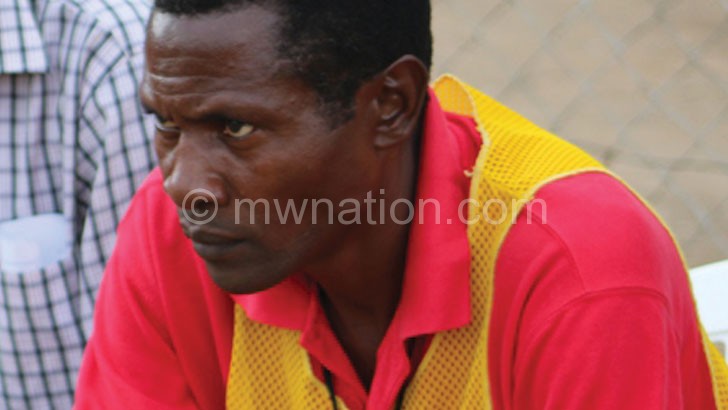Price of ignoring Lilongwe declaration
The football doctor was Ashford Mamelodi and the ailing patients, in Lilongwe hospital wards, were the Super League’s 15 clubs themselves. The year was 2009.
Gazing nervously in the doctor’s room were the patient’s parent, the Super League of Malawi (Sulom) and grandparent the Football Association of Malawi (FAM) respectively.

And the process of arriving at the prescription was consultative, engaging and thorough, translating to a health passport that became widely known as the 2009 Lilongwe Declaration.
The prescription stated that if domestic football was to recover each club needed proper structures with a fully-fledged secretariat manned by an accountant and administrative officer.
Such a structured club must have a youth team and own a training ground. With such feeder clubs, senior teams would cut on buying players, develop playing identity and remain financially healthy.
Such a club was to be registered with clear legal ownership. In that case, all supporters would assume a status of shareholder’s role through paying annual membership fees.
“The club must submit the name [s] of the club’s owners and those in control of the club. The club, regardless of the legal structure, should submit its annual audited financial accounts,” reads the declaration in part.
With such a structure, no supporter would loot their own investment as is the case now as their mandate would be clearly spelt out.
Another recommendation of the declaration was that teams from same institution such as the Malawi Defence Force (MDF) should be limited to three, thereby reducing match-fixing possibility.
However, five years later, no single recommendation has been implemented to the letter. Two years ago, CAF also issued a similar reminder through Club Licensing, but it is the same old song.
Like that reckless patient that gets the dosage, goes home and ignores it, the results are always disastrous. You either die or the disease develops resistance to medication.
Failure to comply with the medication has left many clubs so resistant to change with chaos all over. The worst of such chaos is unfolding at Big Bullets under the helpless gaze of Sulom and FAM.
Bullets are the heritage of Malawi football boasting an unequalled collection of 12 Super League titles; hence the team’s struggles affect the entire football terrain.
One wonders whether FAM and its affiliate the Super League of Malawi (Sulom) have done enough to rid the sport of these vices.
FAM prides itself as the governing body for football in Malawi. And with pangas flying, FAM and Sulom, have to ask themselves whether by failing to stamp out such vices, they are not contributing to the problem.
Former Bullets chairperson Sunduzwayo Madise posted on his Facebook page that FAM and Sulom are guilty of allowing clubs to ignore their club licensing regulations underpinned in the declaration.
“I thought FAM resolved that clubs must be run professionally or at least semiprofessionally? Maybe as a start; demand that each club has a recognisable ownership,” Madise noted.
True, the recommendations of the declaration are similar to CAF club licensing requirements.
In 2013, FAM chief executive officer Suzgo Nyirenda attended a CAF licensing seminar, but implementation is a challenge.
“You will observe that most of the criteria are contained in the 2009 Lilongwe Declaration facilitated by Fifa and CAF would like each association to start implementing the club licensing failing which clubs will not be allowed to play in any of the intercontinental competitions,” Nyirenda agreed, but fell short of implementation.
The declaration talks about the need for each club to operate like a company or legal entity which spells out clearly mandate of each club’s stakeholders including the fans.
Sulom, presiden Innocent Bottoman, whose body has not spoken on the Bullets wrangles, in his manifesto promises ‘changing the administrative structures’ of domestic clubs.
“At present, the administrative structure of both Sulom and the club is such that elected officials run the affairs of the respective bodies on a day-to-day basis. This set up is unsuitable for professional football management,” Bottoman noted.
“At the moment, those with money are unprepared to pump money into football clubs because there is no guarantee that once they inject something into the game, there will be sweet returns later.”
The Sulom boss further promised to shake things up. Time will the best judge on the promised shake up which the LL declaration could not manage.
Sulom and FAM know the solution, but are clueless on implementation.
In fact, FAM, in its now outdated strategic plan that ended in 2010 acknowledged “football organisation is at amateur status.”
FAM president Walter Nyamilandu insists that his association has rolled out the club licensing while noting that the process would be gradual.
But is there hope for Malawi football? It is difficult finding any.





